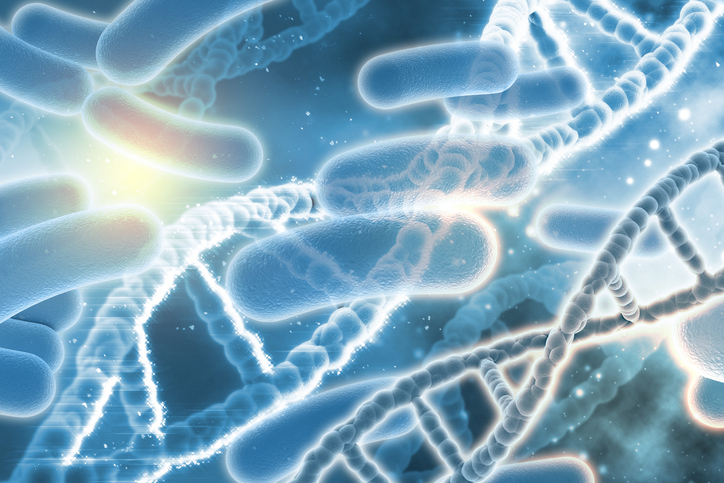Derived from scarlet beebalm (Monarda didyma), an aromatic herb from the mint family and native to Eastern North America, contains high quantities of bioflavonoids such as didymium and isosakuranetin. Lemon balm (Melissa officinalis) is included as a technical process stabilizer.
“We tested several plant extracts for activity in various cellular anti-aging markers such as epigenetic aging, telomere shortening rate, and ATP production in mitochondria,” Dr. Torsten Grothe, head of food and health at Mibelle Biochemistry told NutraIngredients. “The scarlet bee balm extract showed by far the most promising results and was the only test sample that was active in all three tests.”
Epigenetic age
Epigenetic age, as opposed to chronological age, refers to the biological age of an organism as determined by changes in DNA methylation patterns, histone modifications and other epigenetic factors. This concept of biological age is increasingly capturing consumer attention.
“It has the potential of a new megatrend, but so far only a few ingredients and consumer products, typically as complex mixtures, have been investigated on a clinical level,” Grothe noted.
As consumer understanding of the healthy aging category evolves to include new claims including rejuvenation, longevity and slowing biological aging, Grothe said that he expects to see a “rapid increase in ingredients and supplements that are clinically proven to slow down biological aging.”
In a recent webinar titled “The endless opportunities of agelessness”, Nick Morgan, director of the market and product data insights company Nutrition Integrated noted that age is being redefined in marketing. Increasingly consumers are fighting against their chronological age and are now approaching aging as something which can be adapted and impacted by nutrition and lifestyle.
“This all comes back to the fact age is the last acceptable prejudice,” Morgan said. “It’s almost like a final frontier of identity politics. Are we moving towards a time when our age becomes fluid—like gender and sexuality—and something we can self-define?”
Recent insights from James Brown, co-founder and nutrigenomics director of epigenetic analysis company Muhdo, further highlighted the growing consumer interest in the category.
“There seems to be a huge amount of interest in people proactively trying to reduce the rate at which they are aging, whether that be in the form of a supplement, a specific type of diet and/or our biohacks that have been shown to be beneficial,” he said.
Researchers currently consider 12 main hallmarks of aging including genomic instability, telomere attrition, epigenetic alterations, loss of proteostasis, disabled macroautophagy, deregulated nutrient-sensing, mitochondrial dysfunction, cellular senescence, stem cell exhaustion, altered intercellular communication, chronic inflammation and dysbiosis.
Unpublished research conducted by Mibelle Biochemistry indicates that MonaJuventa Nu’s potential to act on eight of those markers, including mitochondrial ATP production, vascular function (by increasing nitric oxide release) and protection from oxidative stress.
Improving age markers
This research includes one study that investigated the effects of 100 mg MonaJuventa Nu on healthy aging in a group of 81 workers with stressful jobs between the ages of 45 and 65.
Results showed improvements in leukocyte telomere length (LTL), a key aging marker, as well as in Quality of Life (QOL), physical activity and sleep, compared to both initial conditions and placebo.
Further unpublished data from a human fibroblast study found a 40% reduction in epigenetic age. Results were assessed using the Horvath Pan-Tissue Clock, which uses DNA methylation patterns to estimate biological age across various tissues.
“The untreated, old cells had an epigenetic age of 29.96 years, whereas the old, treated cells had an age of 18.59 years,” Grothe said. “This corresponds to a difference of 12 years, which in percentage (29.96y=100%) is a reduction of 40%.
“At the molecular level, interactions with DNA-binding and -modifying proteins such as DNA methyltransferases, DNA demethylases, transcription factors and others are most likely involved and need to be further investigated in detail.”
